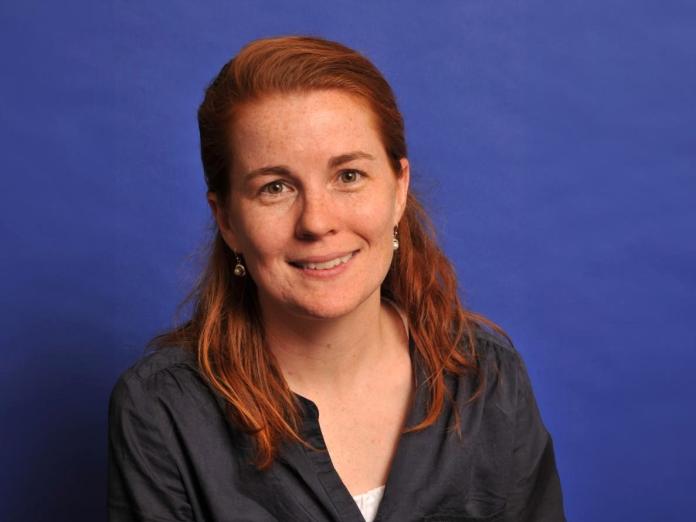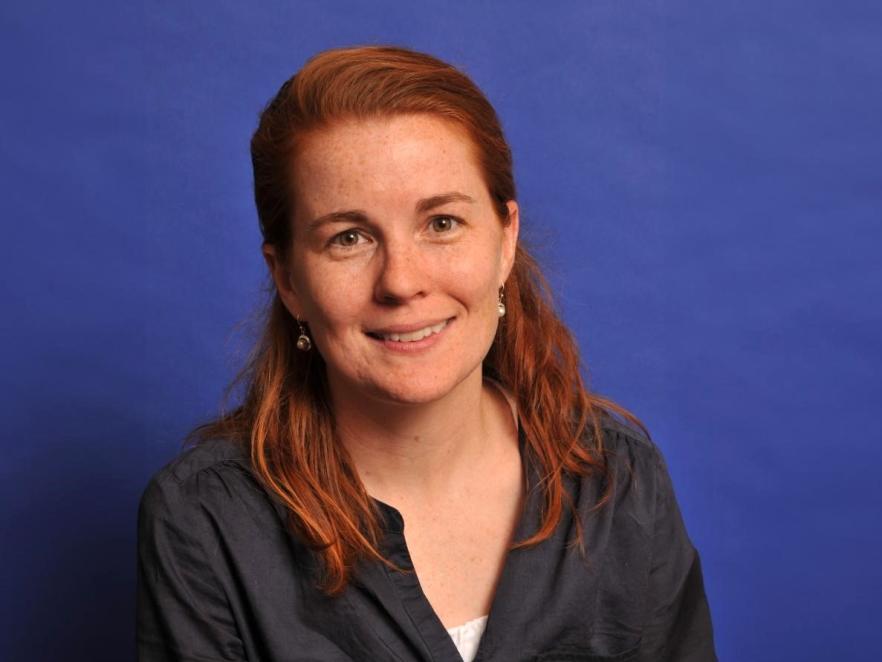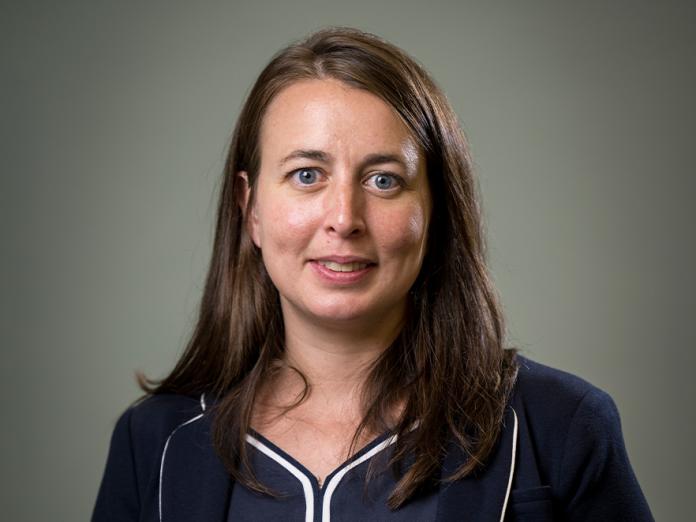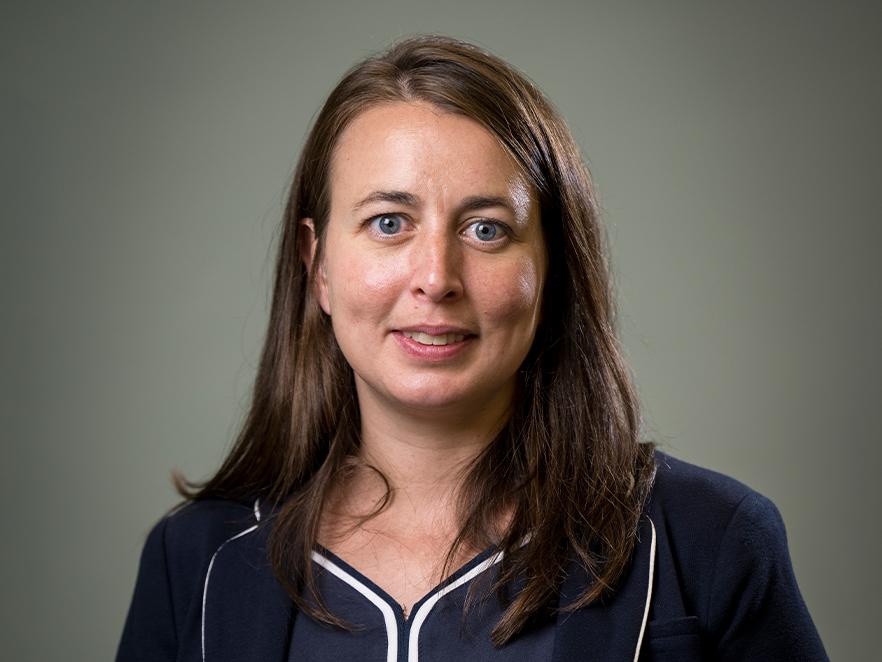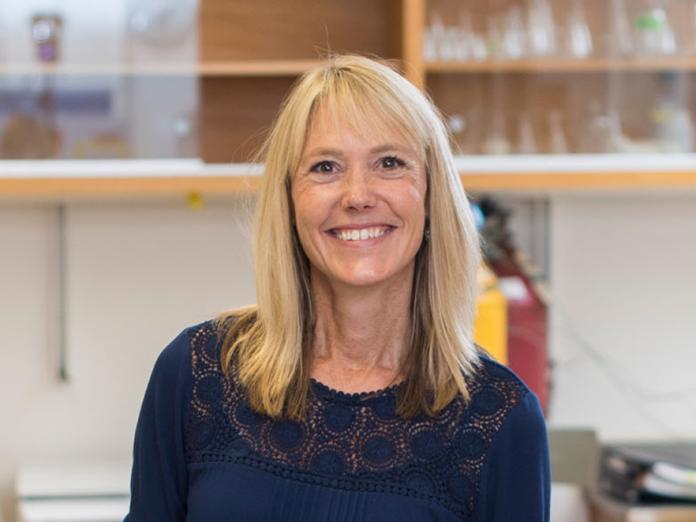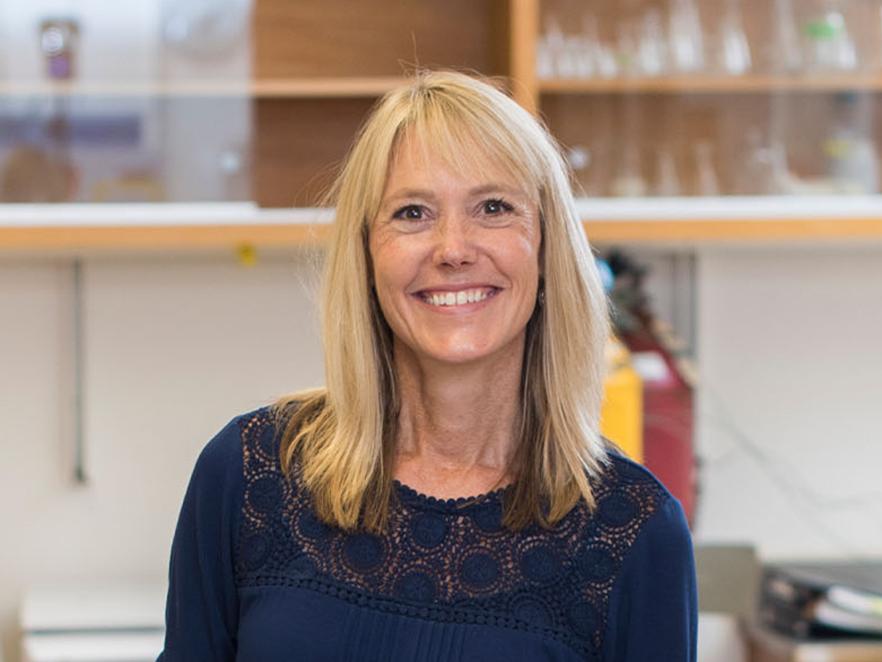Microbiology, a split College of Science and College of Agricultural Science Department, is a vigorous coalition of educators and researchers who study bacteria, archaea, fungi, protozoa, parasites and viruses at all levels, from molecular biology and genomics to human and animal disease and global ecology measured from space. Microbial cells play important roles in most natural biological processes, and are harnessed as sources of new antibiotics and green biotechnologies. We focus on student training and research in microbiome science, a new branch of microbiology that uses quantitative approaches and systems biology to study microbial cell impacts on animal disease and cognitive functions, ecosystem health, and carbon transformations that alter the balance of the global cycles and climate. Our specialties are fish disease, ocean health, and fundamental questions in microbial cell biology that have applications to solving practical problems in agriculture, science and industry.
Our Department
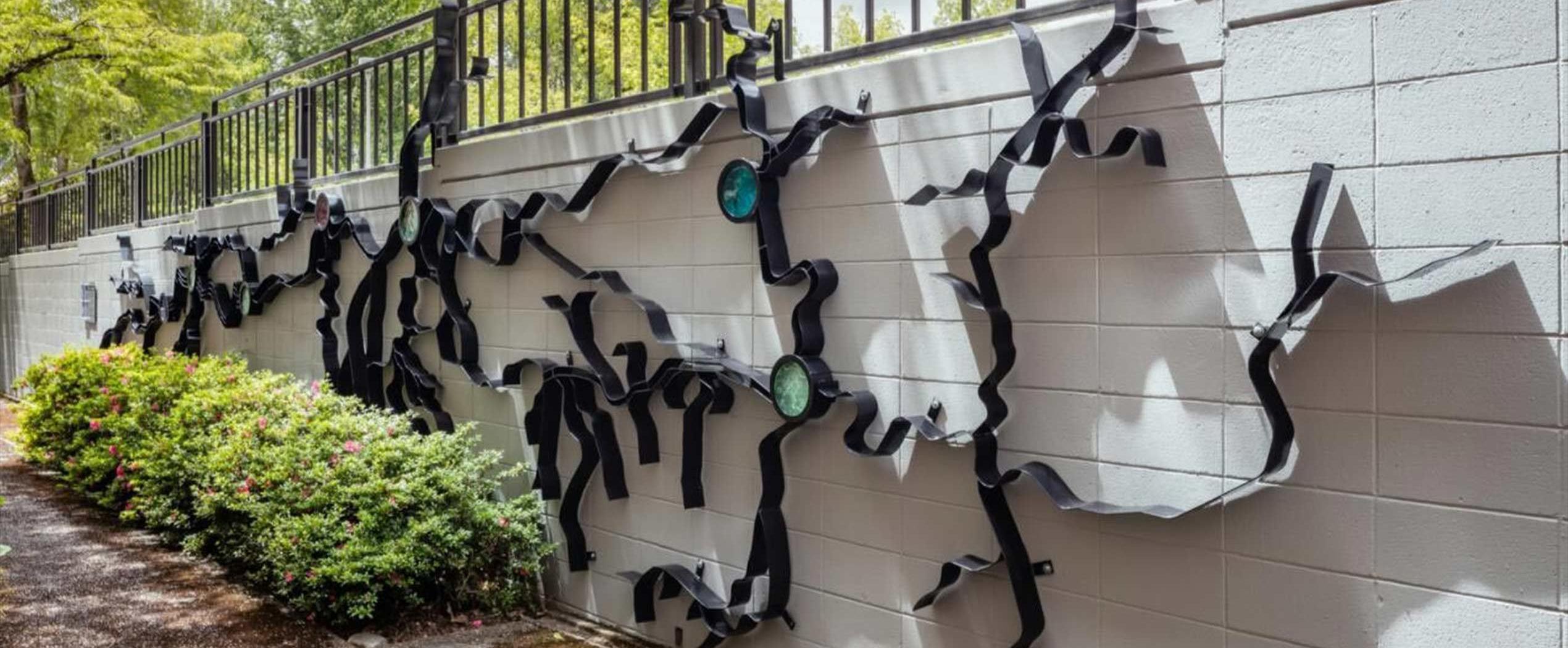
On the west patio of Nash Hall, home to the Department of Microbiology, this sculpture by OSU microbiologist Jerri Bartholomew and OSU alum Karl Payne pays homage to the Willamette River and the integral part it plays in the culture of our region.
20
Faculty
932
Students
~$2.4M
in yearly grant expenditures
95%
Graduate hire rate
Leadership team
Our mission
We train students in advanced skills that are needed in the modern workforce, and our researchers discover new knowledge that helps our society meet the challenges that we face. Over 200 students graduate annually from our Microbiology and BioHealth Sciences programs, prepared for careers in human health professions, research, agriculture and industry. Our internationally recognized researchers support over 40 graduate students and provide experiential learning opportunities that expand undergraduate student training into real world investigative science. Our researchers and students:
- Fight infectious diseases in humans and animals
- Investigate microbial life that removes carbon dioxide from Earth's atmosphere
- Harness microbes to produce pharmaceuticals, agrochemicals, and green biotechnology
Our goals
- Train undergraduate, graduate and postdoctoral students to become future leaders in science, medicine, and industry
- Create a learning environment that excites and informs undergraduate majors and non-majors about microbiology and the many ways that it is relevant to everyday life
- Provide service to Oregon’s citizens, government agencies, and industries who need expert advice about microorganisms and the roles they play in our health, food security, and the sustainability of natural resources
- Advance the frontiers of knowledge about microbes and their roles in all natural processes
Our vision
We strive for innovation in our classrooms and research laboratories to make the most effective use of new technologies and provide the most up-to-date training to our students. We collaborate with units across campus, bringing our experience with computational and genome technology and the immense diversity of microbial cells to interdisciplinary projects. We integrate across scales to understand the impact of microbial life on animal and human health, on and on aquatic and terrestrial environments. In our classrooms we emphasize lab experiences and fundamental training in microbial cell biology that is a foundation for future work in all microbiological professions.
Microbiological science is growing worldwide, fueled by new technologies, new challenges from global disease and environmental change, and recognition that microbes are unseen agents that mediate many natural processes that we need to understand and harness. Microbiology's rapidly growing educational programs place students in an expanding world of opportunities in professional health fields, biomedical, biotechnological and basic research, and industrial, food and agricultural microbiology.
Make a gift
Gifts from our dedicated alumni, parents and friends make it possible for the department to extend scholarships to our students to enable them to have life-changing experiences, from accompanying faculty in their field research to working in a research lab on campus. Your gift can make all the difference in the lives of our students.
